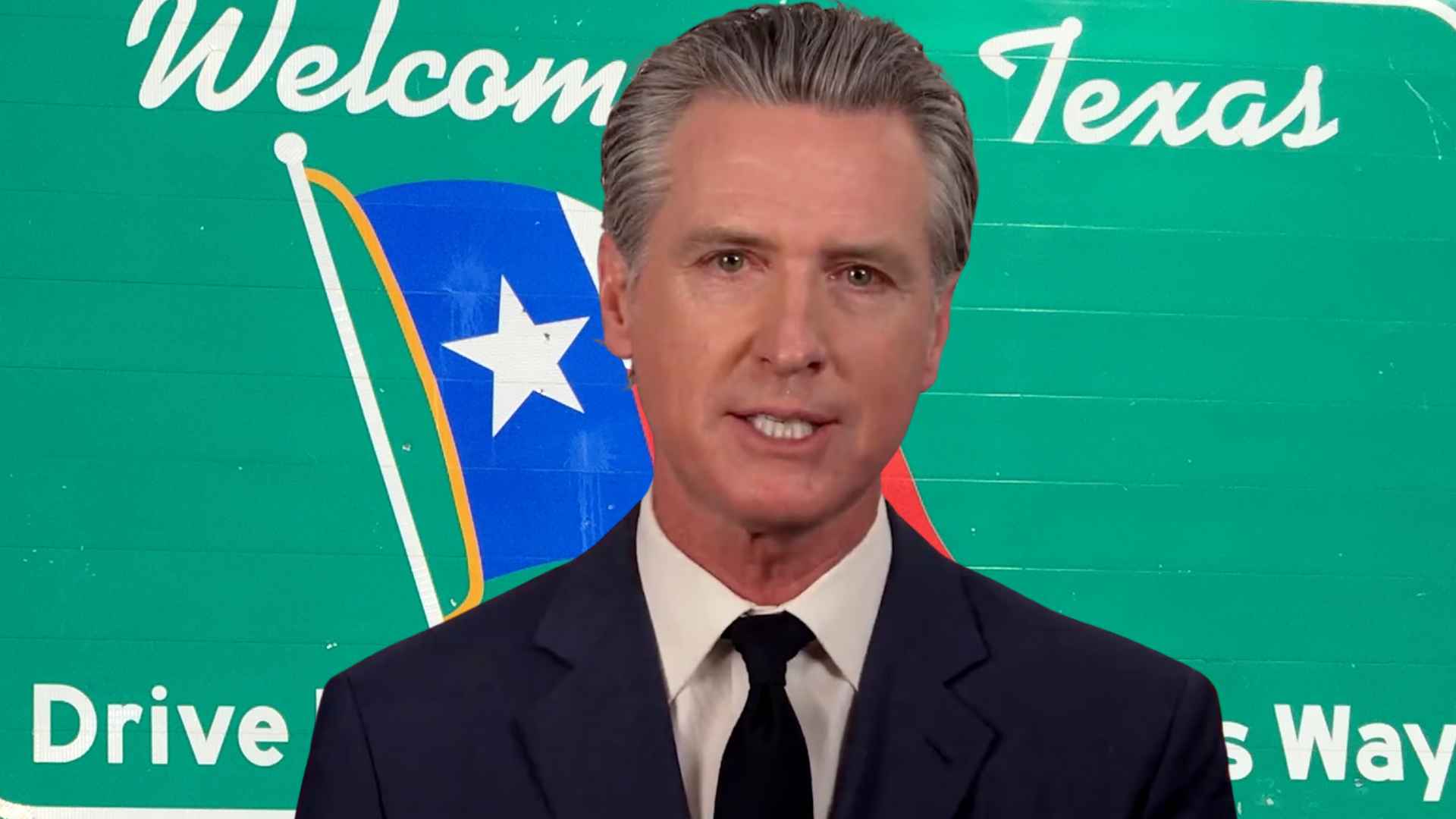California’s July 1, 2025 rulebook ushers in big shifts for schools, apps, housing and healthFrom drug‑tested bus drivers to one‑click subscription cancellation, dozens of statutes hit the Golden State this summer. On July 1, California activates laws passed during the 2023‑24 session that touch classrooms, delivery platforms, short‑term rentals and more. Miss the fine print and you could face penalties of up to $10,000.
New student safety and mental health mandates strengthen California school transportation and identification rules
First, let’s talk buses and ID cards. SB 88 obliges every contracted school‑bus driver to clear random drug‑and‑alcohol tests, while vehicles must undergo annual—or 50,000‑mile—inspections. AB 727 adds the 988 crisis line (plus an optional QR code) to student IDs from grade 7 through 12.
SB 354 lets individualized education plans for students with intellectual disabilities start post‑secondary planning as soon as high school kicks off.
| Law | Sector | What changes on July 1? |
|---|---|---|
| SB 88 | Transportation | Drug tests for drivers, yearly bus inspections |
| AB 727 | Student IDs | 988 hotline and mental‑health QR code added |
| SB 354 | Special Ed | Early post‑secondary planning allowed |
Think your district is ready? Better double‑check those bus logs.
Digital commerce, delivery and subscription services face tougher safeguards and simpler cancellations statewide
According to Fox 40, online marketplaces (hello, Amazon) must now alert police about listings that appear stolen and give shoppers a one‑tap way to flag them. Food‑delivery apps have to show a courier photo and name at every doorstep.
Meanwhile, AB 2863 tells any auto‑renewing service: let users quit through the same channel they joined—phone, email or snail mail—and send a heads‑up before renewal. Convenient for honest customers—nerve‑racking for shady sellers.
Short‑term rentals, bars and fertility coverage see consumer‑focused transparency and health protections expanded
Hosts on Airbnb‑style platforms must spell out cleaning chores or risk $10,000 fines. Bars and clubs must provide drink covers on request, building on last year’s anti‑spiking rules. In the health arena, companies with more than 100 insured employees must add in‑vitro fertilization to their plans unless they are qualifying religious nonprofits. Big step, right?
SB 684 forces cities to fast‑track splits of vacant single‑family lots into projects of up to ten homes, a bid to ease the housing crunch. Domestic workers finally gain Cal/OSHA protection—though casual cooks or cleaners hired directly by homeowners remain exempt. And colleges can no longer trim institutional aid when students win outside scholarships, including Cal Grants. Who wouldn’t celebrate that?
July 1 rewrites rules from the school bus to the subscription box, aiming for safer services and fairer treatment across the board. Ready or not, California’s new playbook is here.

